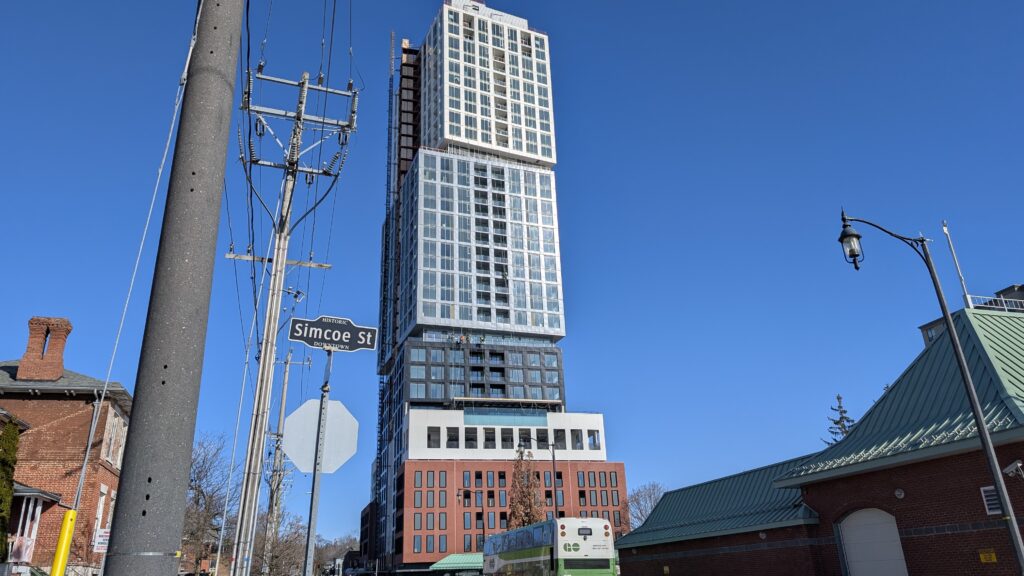The Greater Toronto Area’s condo market is at a crossroads, shaped by shifting buyer expectations, economic challenges, and the relentless pace of urban expansion.
As cranes dot the city skyline, lofting new towers into the air, the condo market stands as a barometer of urban demand. Yet, the story unfolding in the GTA is one of contradictions. Even as condo completions hit record highs, sales are lagging. In March, over 5,500 new units were added to the market, while just 1,400 were sold—a near 24% decline from the previous month. Such statistics reveal a market grappling with oversupply and buyer hesitation, a mix that has cooled the frenzied pace seen just a few years ago.
Affordability remains the elephant in the room. While borrowing costs have dropped, potential buyers find themselves navigating stagnant wages and rising daily expenses. This financial squeeze has prompted a shift in priorities. “If I’m going to pay this,” buyers say, “I want more.” Wraparound balconies, larger layouts, and premium views—once luxuries—are now the baseline expectations. In many ways, this shift underscores a broader evolution: today’s buyers are seeking a lifestyle, not just a living space.
Economists suggest that the roots of this oversupply lie in the pandemic-era construction boom. During those years, demand was driven by investor purchases, with units flipped for quick equity gains. But that era has faded into memory. The pandemic-fueled rush has receded, leaving behind a glut of investor-owned properties that struggle to attract current buyers. As a result, developers are feeling the pinch, with many shelving new projects amid uncertain demand.
Interestingly, this phenomenon isn’t uniform across Canada. Montreal’s median condo price—$420,000 compared to the GTA’s $682,000—has kept its market stable, while Calgary sees steady interest as Ontario residents seek affordability out west. Even Vancouver, with its own high prices, shows a less acute imbalance between supply and demand. These regional differences amplify the unique struggles of Toronto’s condo market, where pre-construction sales have dwindled, and developers face hard decisions about future projects.
Urban demand, however, continues to exert a magnetic pull. The allure of city living remains strong, especially in a region like the GTA, brimming with career opportunities and cultural attractions. For those who can afford it, condos with wraparound balconies and panoramic views offer a slice of luxury that defines modern urban life. But this also raises a critical question: Is the current market sustainable? With fewer new projects on the horizon, will today’s oversupply morph into tomorrow’s scarcity?
For now, the GTA condo market remains emblematic of broader economic challenges and evolving buyer expectations. It’s a tale of demand tempered by caution, of supply outpacing affordability, and of a city recalibrating its relationship with urban living. Amidst these tensions, one thing is clear: the skyline may keep rising, but the path forward requires a balancing act—one that harmonizes economic realities with the aspirations of those who call the GTA home.
References:
Toronto condo market unlikely to see jolt as conditions vary elsewhere in Canada

